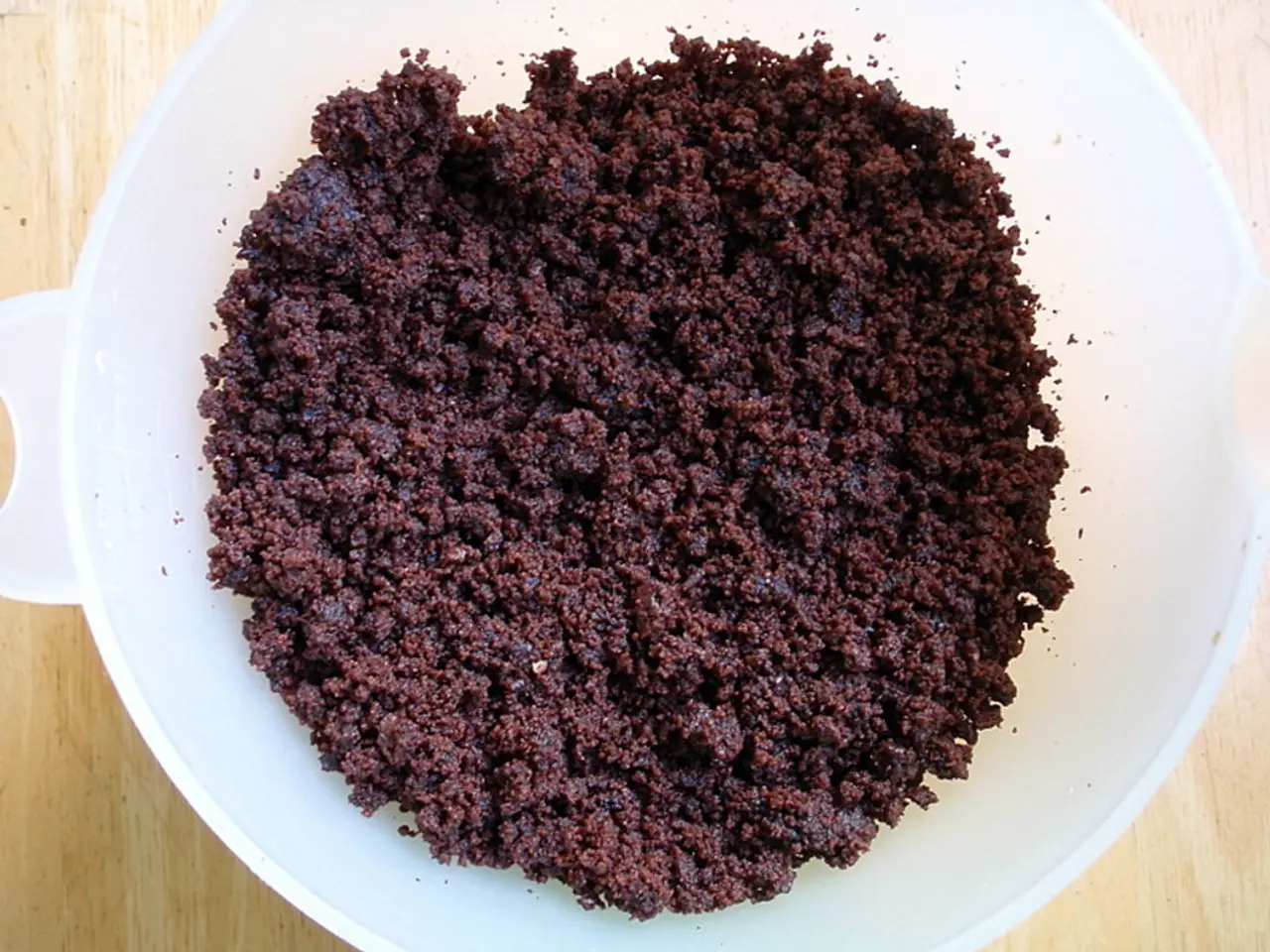Intestinal Blockage: Signs, Roots, Remedies, and Nutrition
A bowel obstruction, which can either completely or partially block part of the intestine, is a serious condition that requires prompt attention. The treatment approach depends on the cause, location, and severity of the obstruction, as well as the overall health of the patient.
In mild cases, initial medical management may involve bowel rest (no food or drink by mouth), intravenous fluids to correct dehydration, and correction of electrolyte imbalances. For certain obstructions like fecal impaction, less invasive methods such as oral laxatives, suppositories, enemas, and manual disimpaction may be used.
When the obstruction is due to tumors, adhesions, or strictures, surgery is often required. Surgical options include removing the obstructed bowel segment and rejoining the healthy parts, placing a stent to unblock the bowel temporarily, or creating a stoma to divert bowel contents if rejoining is not possible or risky.
To prevent bowel obstruction, simple lifestyle changes can make a significant difference. Drinking plenty of water, exercising regularly, chewing food well, eating smaller meals throughout the day, and avoiding high-fiber foods if at risk, can help reduce the risk of developing a bowel obstruction.
Common causes of mechanical bowel obstructions include adhesions, hernias, twisted bowel, intussusception, foreign objects, gallstones, inflammatory bowel disease, and tumors. Nonmechanical bowel obstructions can be caused by scarring from abdominal or pelvic surgeries, diabetes, electrolyte imbalances, hypothyroidism, Hirschsprung's disease, Parkinson's disease, severe infection or illness, general anesthesia, certain pain relief medications, and abdominal or pelvic surgery, which can increase the risk of adhesions.
Symptoms of a bowel obstruction include nausea and vomiting, diarrhea, bloating, constipation, cramping, decreased appetite, inability to pass stools or gas, severe pain, abdominal swelling, and fever (indicating infection). If severe abdominal pain develops, it is crucial to contact a doctor immediately.
Diagnosis of bowel obstructions begins with a physical examination, including checking for a hard lump in the abdomen. Further tests to confirm the diagnosis can include blood tests, endoscopy, CT scans, X-rays, contrast enemas, and nasogastric tubes.
Bowel obstructions are a common reason for intensive care admission in newborns, and small bowel obstructions are a common issue in older adults due to malignant tumors and additional health complications. The outlook for a bowel obstruction depends on its cause, with most cases being treatable. However, potential complications include dehydration, tissue death in the bowels, abscesses, kidney failure, intestinal tears, pulmonary aspiration, sepsis, abdominal adhesions, nerve damage, short bowel syndrome, wound reopening, and multiple organ failure.
In conclusion, prompt treatment and preventive measures can significantly improve outcomes for those with bowel obstructions. By understanding the common causes, symptoms, and treatments, individuals can take proactive steps to maintain their digestive health and reduce the risk of developing this serious condition.
- Although ulcerative colitis is a type of inflammatory bowel disease, it shares symptoms with bowel obstructions, such as abdominal pain and gas bloating.
- In the realm of health-and-wellness and medical-conditions, science is actively researching predictive models for COPD and diabetes, which may help identify those at higher risk.
- AQ, a common laboratory reagent, may be used in digestive health tests to assist in the diagnosis of various conditions, including bowel obstructions.
- For individuals with colitis or depression, maintaining a balanced diet and managing stress levels can aid in symptom management and overall health.
- Scientific advancements in the medical field have led to the development of stents and other minimally invasive procedures for treating certain types of bowel obstructions, reducing the need for more complex surgeries.
- If HIV-positive, it is essential to regularly monitor for potential complications related to digestive health, such as diarrhea or malabsorption syndromes, which can indirectly contribute to conditions like dehydration or electrolyte imbalances.
- When it comes to reducing the risk of developing certain medical conditions like bowel obstructions, it's crucial to prioritize a healthy lifestyle, including drinking plenty of water, maintaining regular exercise, and practicing good nutrition.



